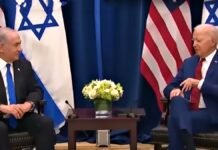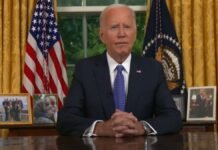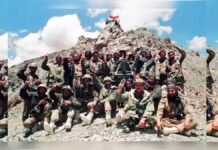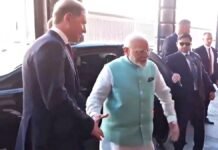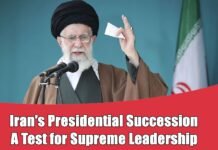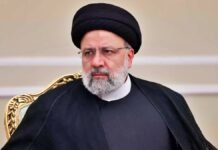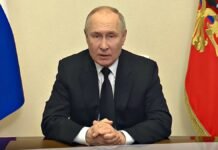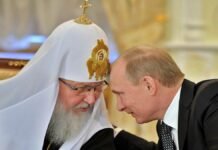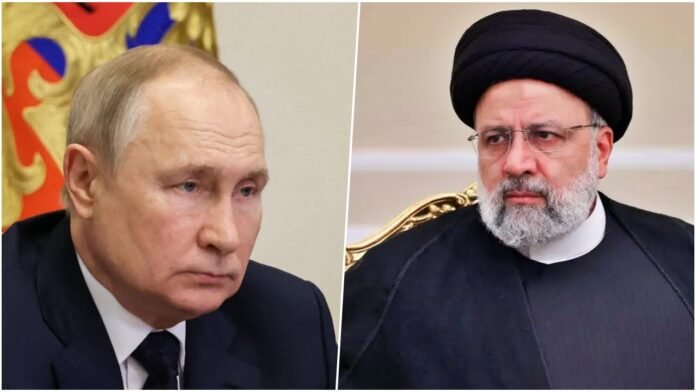
Moscow: Amid escalating tensions in the Middle East, Russian President Vladimir Putin engaged in a crucial telephone conversation with Iranian President Ibrahim Raisi. The Kremlin, the official residence of the Russian head of state, confirmed the dialogue, which focused on the recent confrontations between Israel and Iran.
During the call, President Raisi characterized Iran’s recent actions against Israel as defensive and limited, indicating a lack of interest in further escalation. The discussion comes in the wake of a retaliatory strike by Iran on April 13, marking the first direct assault by Tehran on Israeli soil since the longstanding animosity that traces back to Iran’s 1979 Islamic Revolution.
The conversation between the two leaders, initiated by Iran, addressed the aftermath of an Israeli attack on the Iranian Consulate in Damascus, which prompted Tehran’s aggressive response. President Putin expressed his hope for moderation from all involved parties to avoid a resurgence of hostilities.
In a significant military operation, Iran launched a barrage of drones, ballistic missiles, and cruise missiles at Israel. The Israeli military reported successfully intercepting the majority of these with its air defense systems, supported by fighter jets from the US-led coalition. The attack has drawn widespread international condemnation from nations including the United States, the United Nations, France, and Britain.
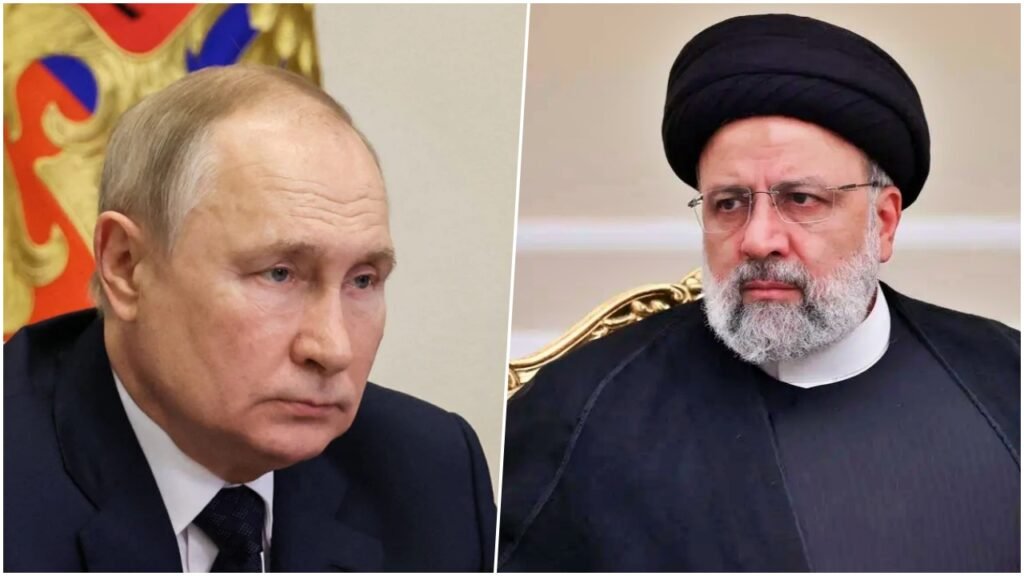
The incident adds to the ongoing six-month conflict between Israel and Hamas, with tensions between Israel and Iran intensifying. Following the outbreak of hostilities, Hezbollah, an Iran-supported group in Lebanon, initiated attacks on Israel’s northern frontier, leading to frequent reciprocal strikes. Iran-aligned factions in Iraq, Syria, and Yemen have also targeted Israel with rocket and missile fire. The direct attack by Iran has significantly heightened the risk of a broader regional conflict.






